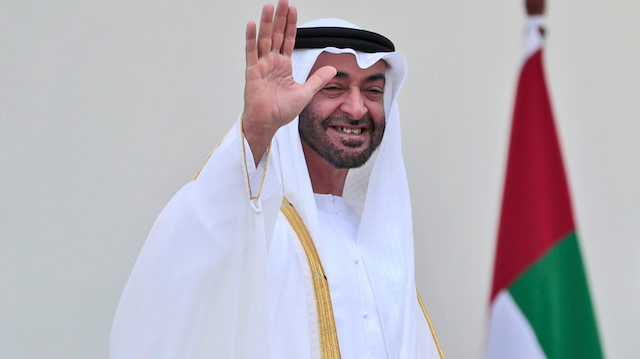
EMERGING THREATS
A series of attacks in the Gulf over the summer, blamed on Iran by the United States, highlighted new threats to the security of Gulf states. Tehran denied involvement.
Oil tankers off the UAE coast were sabotaged and a swarm of missiles and drones temporarily wiped out half of Saudi Arabia's oil production in a September attack.
EDGE could develop directed energy technology, Bannai said, which can be used to counter drone threats.
Directed energy weapons emit focused energy in the form of lasers, microwaves, electromagnetic radiation, radio waves, sound or particle beams.
"The Emiratis not only believe that they can make a profit in this sphere but also that they are well-equipped to understand and counter regional threats," said Robert Mogielnicki, a resident scholar at the Washington-based Arab Gulf States Institute.
The UAE is expected to spend $17 billion on defence next year, according to U.S.-based defence analysis firm Teal, up from $14.4 billion in 2014 when last disclosed by the government. Today, just a fraction is spent domestically.
Abu Dhabi, the main petroleum producing emirate, is leading the development of the country's industry.
There, the move is seen as a step not only towards more diversification of an oil-based economy but towards "greater strategic autonomy with regards to foreign and defence policies," said Jean-Loup Samaan, associate professor at the UAE National Defense College.
EDGE, which wants to build on joint ventures that developed the country's defence industry, also has eyes on exporting.
That could draw new scrutiny.
U.S. Assistant Secretary of State for Political-Military Affairs R. Clarke Cooper said Washington would like the UAE to establish greater oversight as it develops its military industry.
Hello, the comments you share on our site are a valuable resource for other users. Please respect other users and different opinions. Do not use rude, offensive, derogatory, or discriminatory language.
The floor is all yours.








